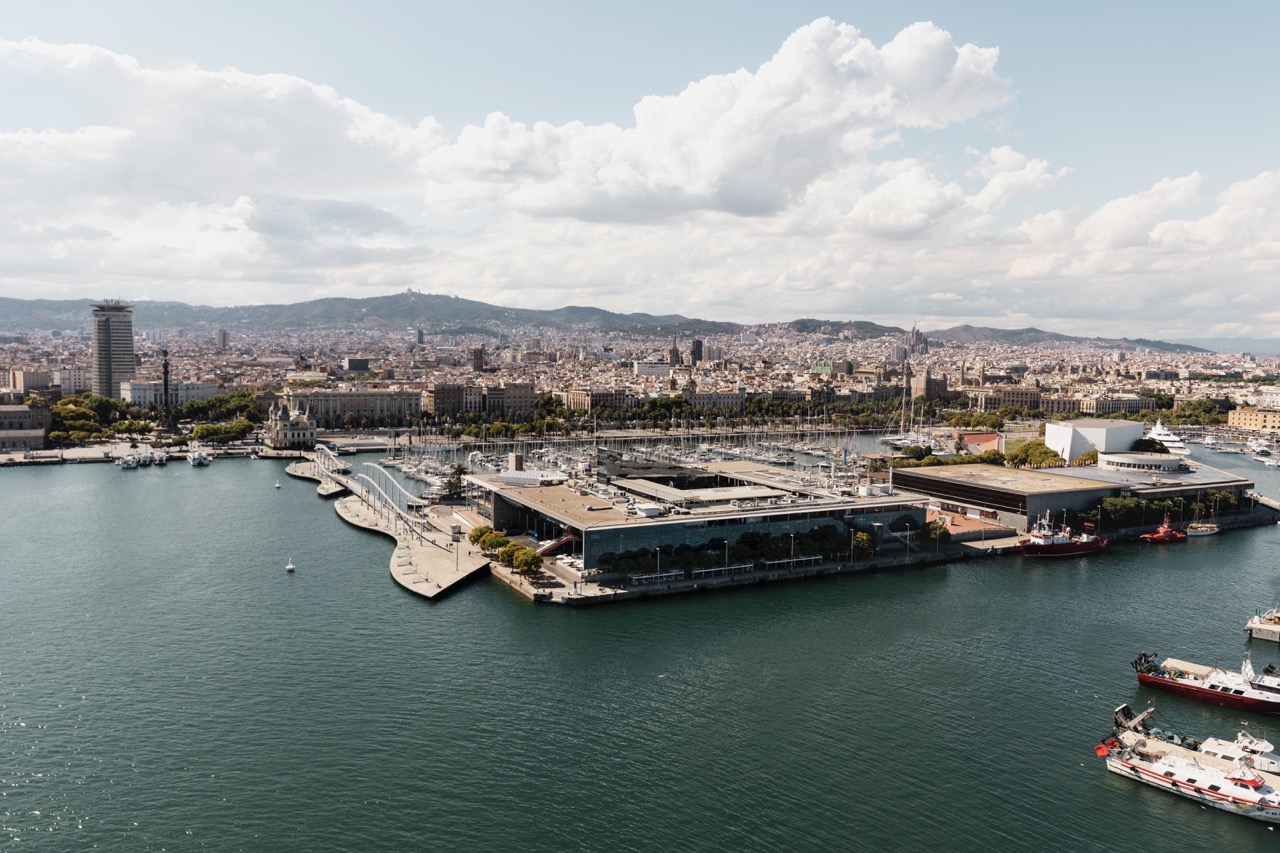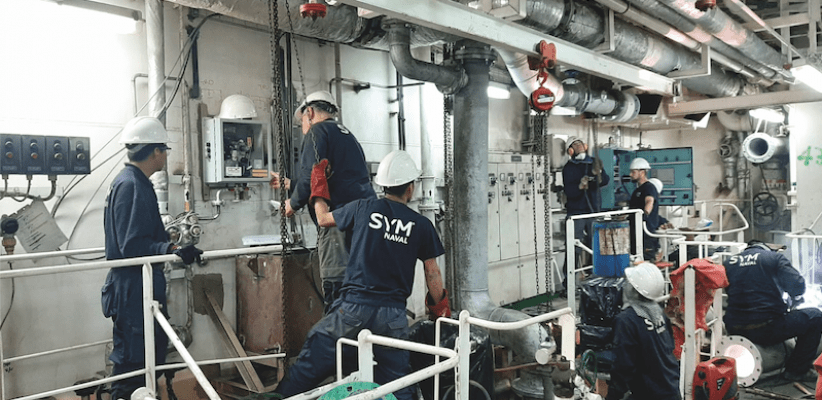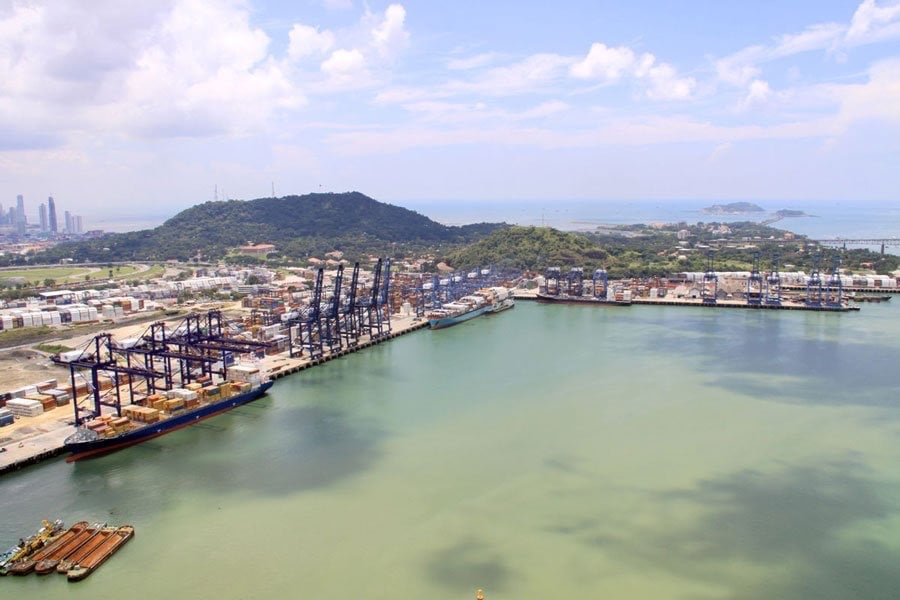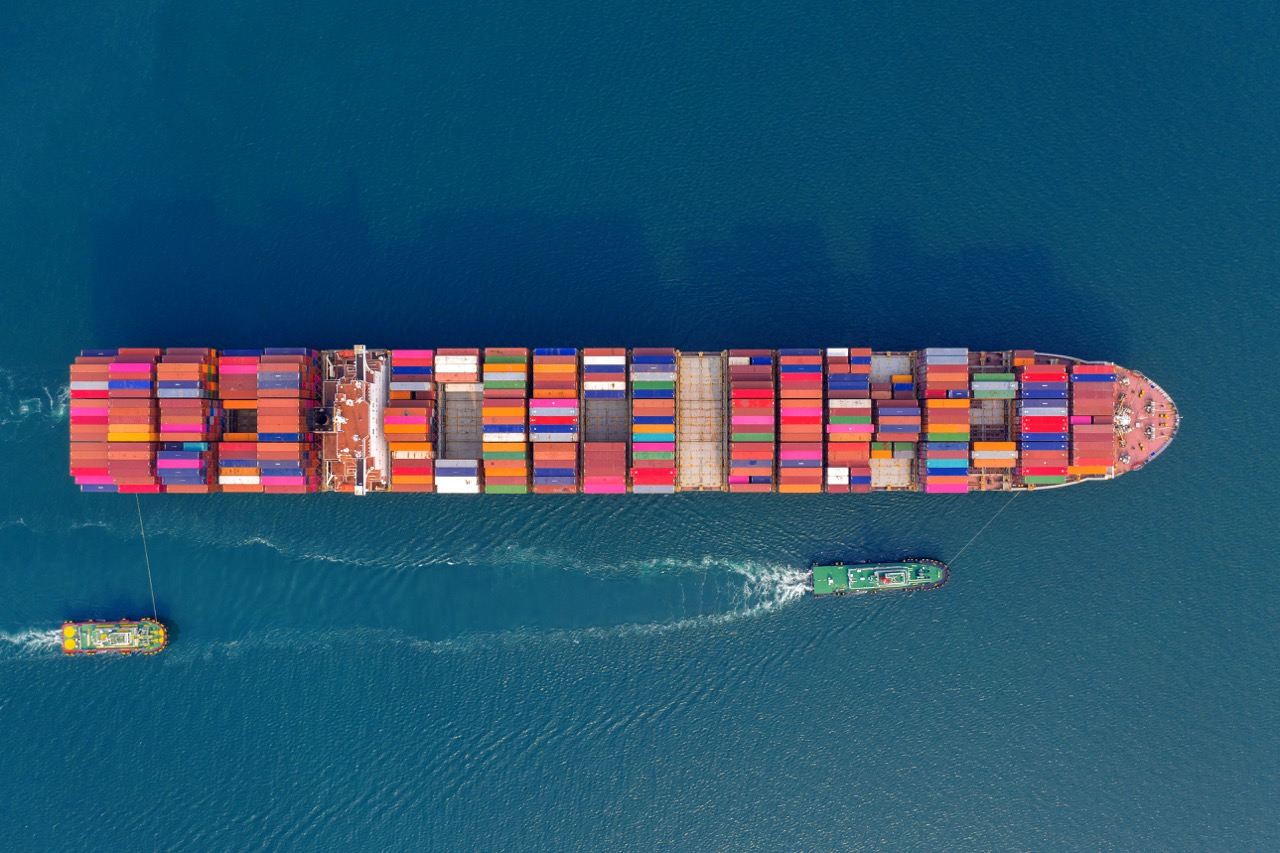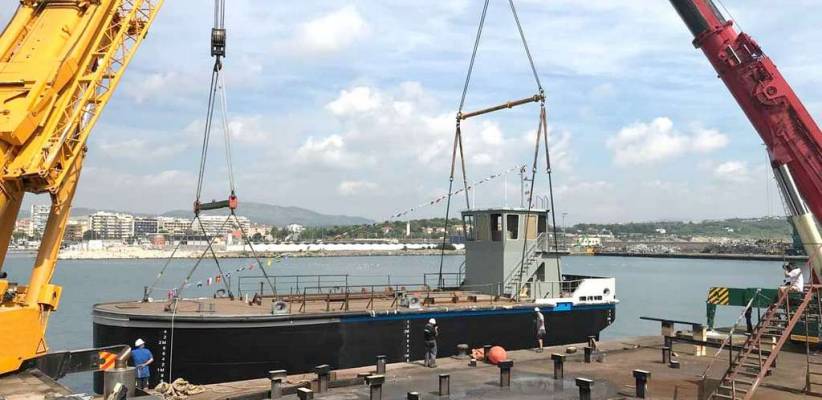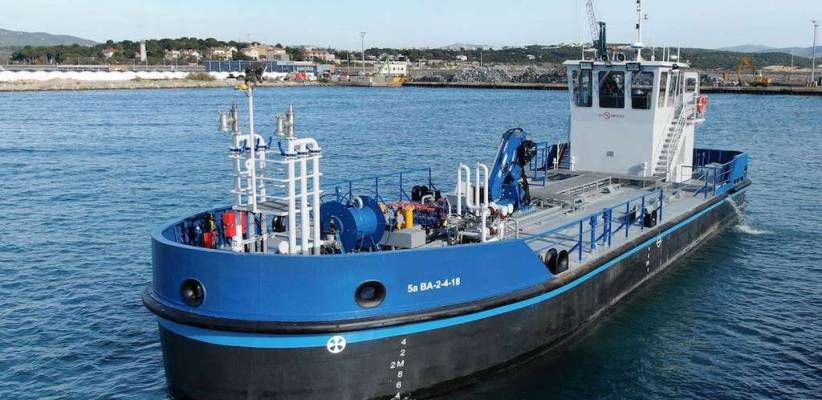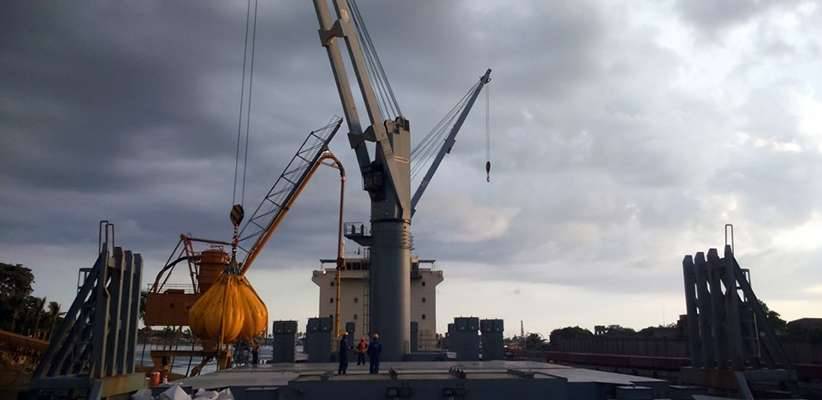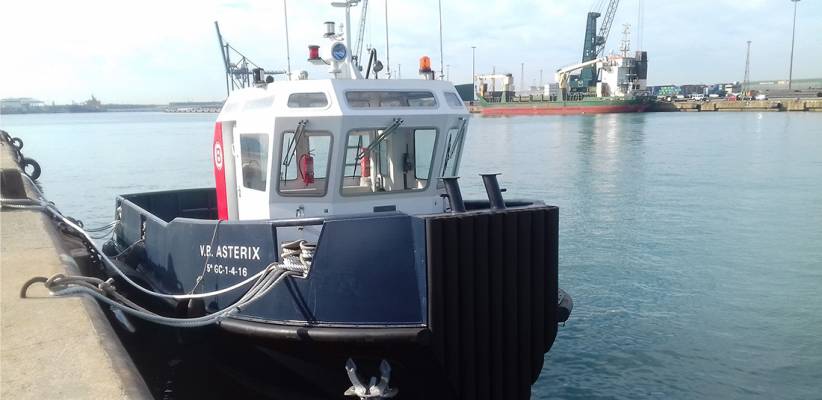When people look for the most important ports in the Mediterranean, they usually mean ports that play a decisive role in international trade: strong connectivity, high operational capacity and the ability to act as logistics nodes for both containerised and general cargo flows. It’s also common to see a related question: what is the biggest port in the Mediterranean? The answer depends on the metric (TEU, total tonnage or transhipment), so it helps to clarify what “biggest” actually measures.
This guide highlights seven key Mediterranean ports and explains why they are strategically relevant. The goal is not just a list, but a clearer view of what makes a port “important” and how rankings evolve with trade routes, investment, sustainability requirements and digital transformation.
Why Mediterranean ports remain strategically essential
The Mediterranean has long been one of the world’s most valuable trade corridors. It remains critical today thanks to a combination of factors: proximity to major industrial and consumer markets, the concentration of global shipping routes and a dense network of ports that operate either as gateways (import/export) or as transhipment hubs. This structure enables cargo consolidation, redistribution and reliable connectivity—even during periods of disruption in global trade.
Geography amplifies that importance. The region connects the Atlantic (via the Strait of Gibraltar) with the Red Sea–Indian Ocean axis (via the Suez Canal). This positioning makes several Mediterranean ports natural nodes for global services, where terminal productivity, schedule reliability and hinterland connections translate directly into cost and time advantages.
What is the biggest port in the Mediterranean?
It depends on how you measure it. If you look at container throughput (TEU), the leaders are typically high-connectivity hubs that combine strong transhipment volumes with efficient terminal operations. If you look at total tonnage (including energy, bulk and general cargo), the ranking can shift because each port has a different traffic mix. For that reason, this article focuses on commercial relevance and logistics role, using containers as a helpful reference where it clarifies comparisons.
The 7 most important commercial ports in the Mediterranean
1) Port of Valencia (Spain)
Valencia is a benchmark in the Western Mediterranean for container traffic and international connectivity. It functions as a key gateway for import/export flows and supports a strong industrial hinterland that demands consistent, high-frequency logistics. Its value is not only volume—it is the ability to maintain reliable services, absorb peaks and deliver predictability in supply chains where time equals cost.
2) Port of Barcelona (Spain)
Barcelona combines containers, general cargo and a mature logistics ecosystem. It supports major industries (chemicals, automotive, industrial goods and consumer products) and benefits from strong intermodal capabilities. Innovation—process efficiency, digitalisation and sustainability—has become a real competitiveness factor: fewer delays and more reliable port calls reduce costs for shipowners and cargo owners alike.
3) Port of Algeciras (Spain)
Located at the Strait of Gibraltar, Algeciras has a unique strategic position connecting Atlantic and Mediterranean routes. It plays a significant role as a redistribution node, with a strong transhipment component and a clear operational focus on productivity, coordination and maintaining speed in high-intensity traffic environments.
4) Tanger Med (Morocco)
Tanger Med has grown into one of the strongest hub ports in the Gibraltar area, with a highly competitive profile in transhipment, connectivity and terminal performance. Its development is supported by capacity, integrated services and a location that naturally connects Europe, Africa and global routes. In practical terms, it is a major redistribution point in the Western Mediterranean system.
5) Port of Piraeus (Greece)
Piraeus is a leading hub in the Eastern Mediterranean, closely linked to flows passing through Suez and to distribution into Southeast Europe. Its value combines maritime connectivity with inland reach, supporting both transhipment and gateway functions for multiple regional markets.
6) Port of Genoa (Italy)
Genoa is the primary port gateway for Northwest Italy and a natural entry point to one of the country’s most important industrial corridors. Its activity combines containers, general cargo and bulk, and its relevance is sustained by real hinterland demand. In ports like Genoa, inland connectivity, access upgrades and terminal efficiency are decisive for long-term competitiveness.
7) Port of Marseille-Fos (France)
Marseille-Fos is a key port in Southern France with a diversified traffic mix, including a strong energy and bulk profile alongside container activity. Its role as a logistics link is reinforced by inland connections and multimodal integration. As regulatory pressure and energy transition accelerate, ports like Marseille-Fos sit at the centre of operational and infrastructure transformation.
What is the most important Spanish port in the Mediterranean?
If you are searching specifically for a Spanish port in the Mediterranean with high commercial and logistics relevance, Valencia and Barcelona are usually the most direct answers. Both combine international connectivity, industrial hinterland demand and operational capability to support high-value trade flows.
Three important Mediterranean ports today
If you need a quick shortlist, three ports that frequently stand out for commercial relevance and logistics role are Tanger Med, Valencia and Barcelona. They offer strong international connectivity, high operational capacity and a clear position within Western Mediterranean trade routes.
Economic and operational impact
Ports do more than move cargo—they move economies. They generate direct and indirect employment, attract industrial investment and sustain complex supply chains. The more efficient a port is (time, processes, rail connections and service ecosystem), the more competitive its hinterland becomes. In practice, port reliability translates into lower logistics costs, fewer delays and better predictability.
This impact also supports a wider maritime services ecosystem: logistics, provisioning, inspections, technical services and vessel maintenance. In high-pressure corridors, vessel availability is critical—every hour of downtime is direct cost. That is why major ports often concentrate repair and technical support capabilities around them.
Challenges and trends: capacity, sustainability and digitalisation
Mediterranean ports face four structural pressures shaping their evolution. First, capacity: larger vessels and growing volumes require continuous investment in terminals, access routes and equipment. Second, sustainability: shore power electrification, emissions reduction and compliant waste management. Third, resilience: geopolitical tension and route disruptions force networks and schedules to adapt. Fourth, digitalisation: automation, real-time data and traceability to improve productivity and safety.
Strategic ports and operational continuity
In corridors like the Mediterranean, where operational windows are tight, technical continuity is a real advantage. At SYM Naval, we support availability and reduce off-hire through ship repair services and coordinated technical support from our bases, including our Spain location, to plan technical stops and execute interventions within realistic operational constraints.

